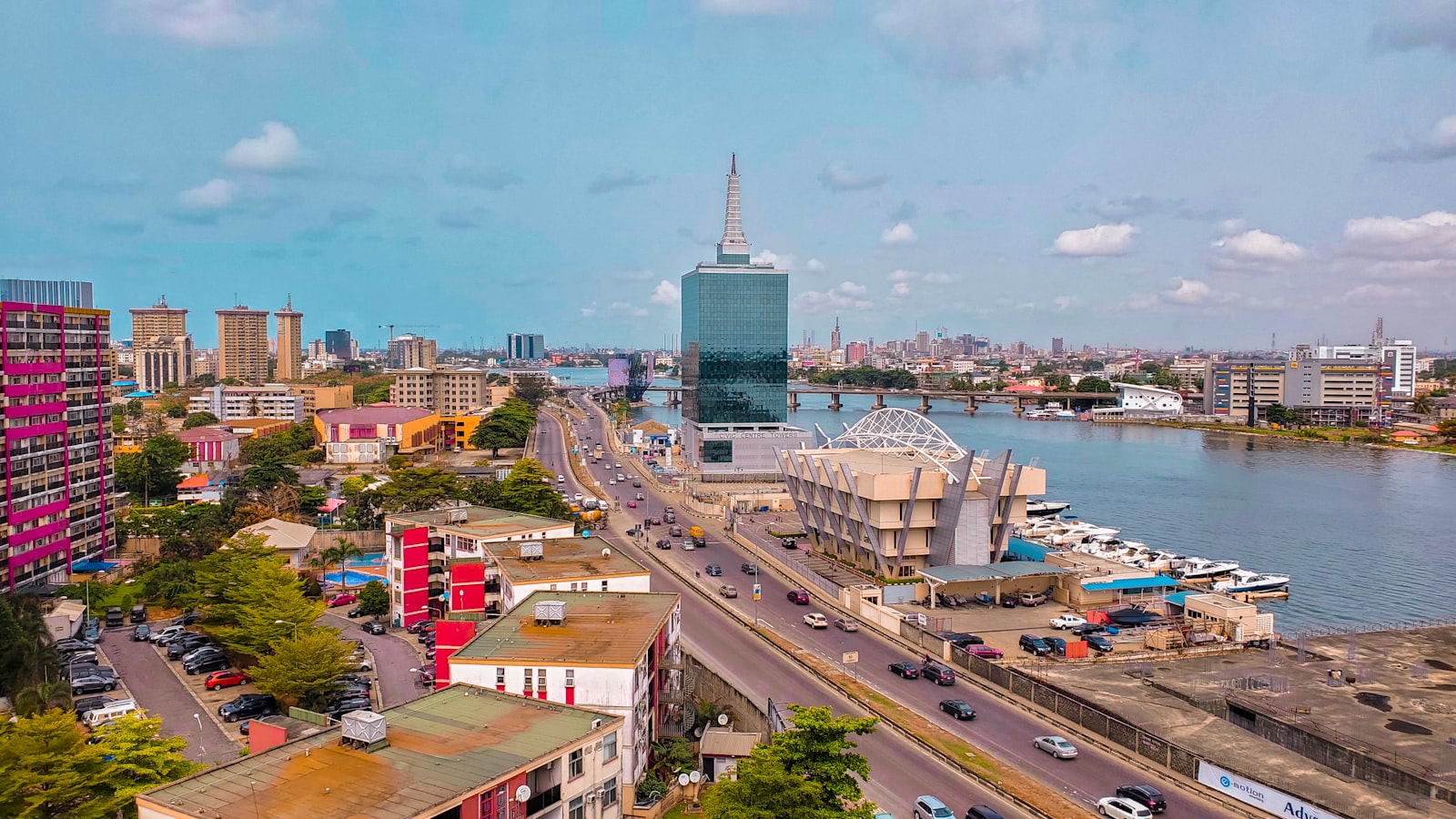The Central Bank of Nigeria (CBN) first introduced its cashless policy in January 2012, with an initial pilot taking place in Lagos, and later in Rivers, Anambra, Abia, Kano, Ogun and the Federal Capital Territory (FCT) in July 2013, before the policy was implemented nationwide on July 1st, 2014.
Over a decade, the cashless policy in Nigeria has resulted in the adoption of electronic payment systems and digital payment platforms, helping to deepen financial inclusion and leading the country to become a cashless society.
Commercial banks and fintech companies in Nigeria, on their part, have introduced ATM terminals, apps and websites, and POS terminals to encourage the adoption of the cashless policy. Most importantly, the use of Unstructured Supplementary Service Data (USSD) for banking transactions via mobile without the need for an internet connection, has been very useful in ensuring that the policy is implemented.
What is USSD Banking?
The term "Unstructured Supplementary Service Data" or USSD is a technology that has been present since the early 1990s that allows financial transactions to be performed using older mobile phones, feature phones, non-smartphones, and smartphones without internet access through a mobile service provider.
To use the USSD code for any bank transaction, you would need to activate the code on your mobile phone, using your phone number. Techloy's Tech Guide team have provided a full list of all the Nigerian bank's USSD codes to enable you to make quick electronic funds transactions.


